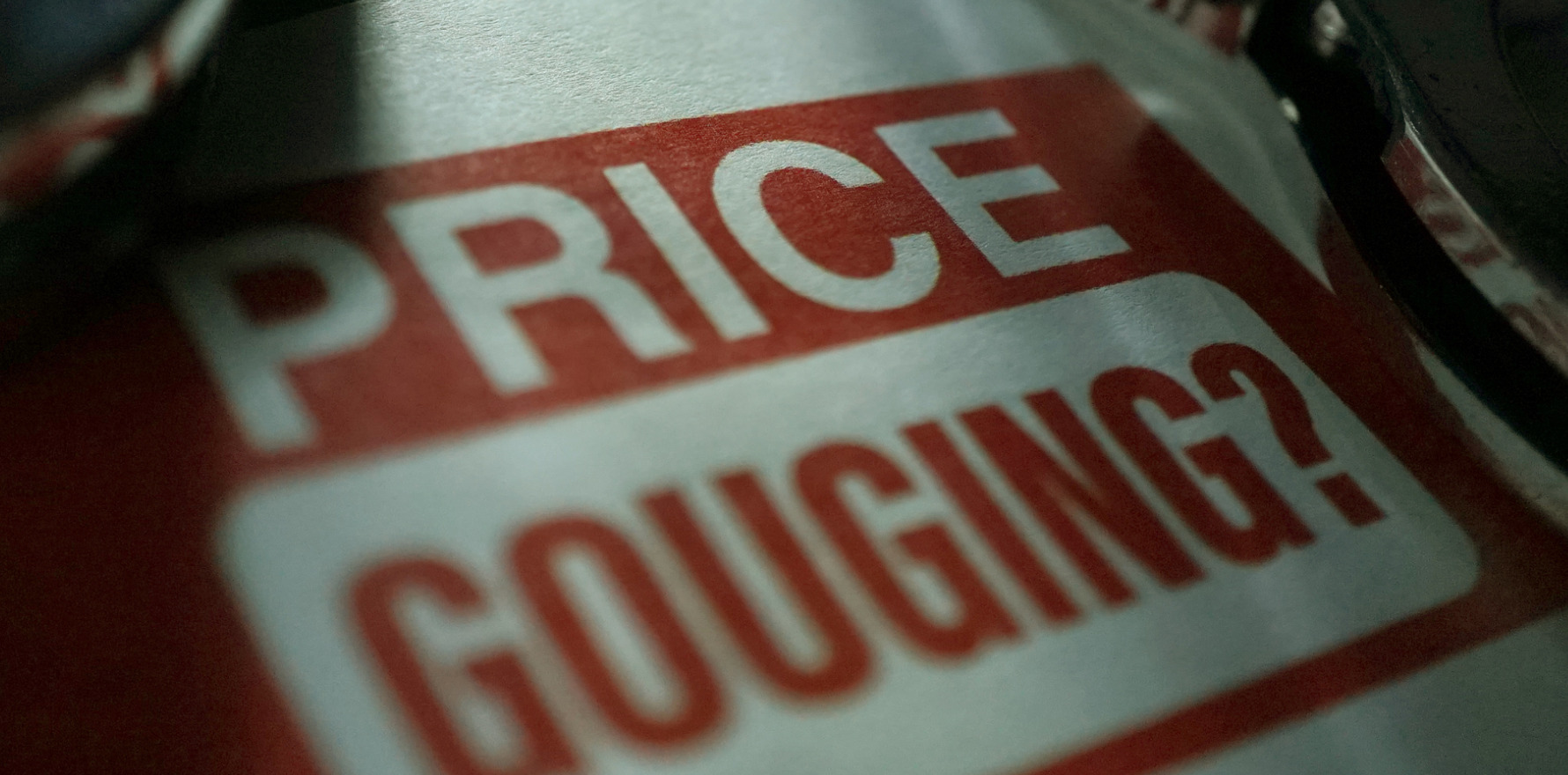The former ACCC commissioner has given overcharging non-GP specialists and Big Pharma both barrels.
A scathing report from former ACCC commissioner Allan Fels has called for more measures to crack down on egregious billing by some medical specialists despite “no evidence that they provide a better service”.
On page 59 of his Inquiry into price gouging and unfair pricing practices final report released today, and commissioned by the Australian Council of Trade Unions, Mr Fels called for a National Competition policy review into “specialist fees, backed by an analysis of restrictions on competition and of the role of information imbalances between patients and specialists”.
“The Australian Health Practitioner Regulation Agency should, separately, review specialist fees and the policy steps that could be taken to reduce them,” he said.
“Information on fees charged by doctors and out-of-pocket costs is not easily accessible by patients before they use healthcare, and neither is information on the quality of providers.
“Patients face considerable uncertainty before they visit a doctor about whether they will have to pay an out-of-pocket cost, and if so, how much it will be. They have little information on which to make choices.
“As a result, patients are often left to navigate a very complex healthcare system and bear much of the burden of seeking out information and financial risk that public and private health insurance is supposed to remove,” he wrote.
“A lack of informed choice means there is little competition between providers and excessive market power such that patients are worse off.
“There is evidence of considerable fee variation and that specialists and GPs in more affluent areas tend to charge higher prices.”
Related
CEO of Private Healthcare Australia, Dr Rachel David, said Mr Fels had confirmed PHA data that showed out-of-pocket costs for common procedures in private hospitals had increased up to 300% over the past five years, well above inflation.
“The Fels report says ‘some of the highest price increases occur in sectors which are characterised by having disproportionate market power, a level of power over their consumers’,” said Dr David.
“This is especially relevant in healthcare.
“When people receive a serious clinical diagnosis, they are at their most vulnerable. There is a massive information asymmetry between a medical specialist and the average consumer, which can easily be exploited.
“This is precisely the time patients need access to accurate information about the costs they are facing as part of informed financial consent, preferably with an upfront quote for the services they will likely require. If we can quote for home and car repairs, there is no valid reason why this can’t be done for medical procedures.”
Mr Fels was critical of the government’s price transparency website Medical Cost Finder, saying “reviews of evidence on the effectiveness of these online platforms in healthcare and in other industries … provide mixed verdicts”.
“More generally, the effectiveness of consumer-focused interventions to improve the allocation of resources in healthcare markets and increase competition remains uncertain with policy responses dominated by ideology rather than evidence, and no evaluations in Australia.”
Mr Fels also lashed the pharmaceutical industry for two common strategies “that can have adverse consequences for markets and consumers”.
“Evergreening is a strategy of obtaining multiple patents that cover different aspects of the same product, typically on improved versions of existing products,” wrote Mr Fels.
“Some of these may be genuine innovations that improve consumer wellbeing, while others may be technical changes that have unclear consumer impact.
“The ability to obtain multiple patents on a product over a period of many years effectively extends the term of exclusivity that the patent holder obtains.”
The other strategy was “pay-for-delay agreements” in which patent holders (originators) pay generic manufacturers to keep the generic product off the market beyond the scope of a patent (both in terms of a generic that may not breach the original patent or preventing entry after the expiry date) as part of a settlement agreement to resolve a court action.
“These strategies limit pharmaceutical products available in the market, impacting consumer choice and price reductions that may come with competition,” Mr Fels wrote.
“A mandatory reporting scheme should be implemented in relation to originator and generic agreements to improve the detectability of pay-for-delay agreements similar to the reporting arrangements in the United States.”




